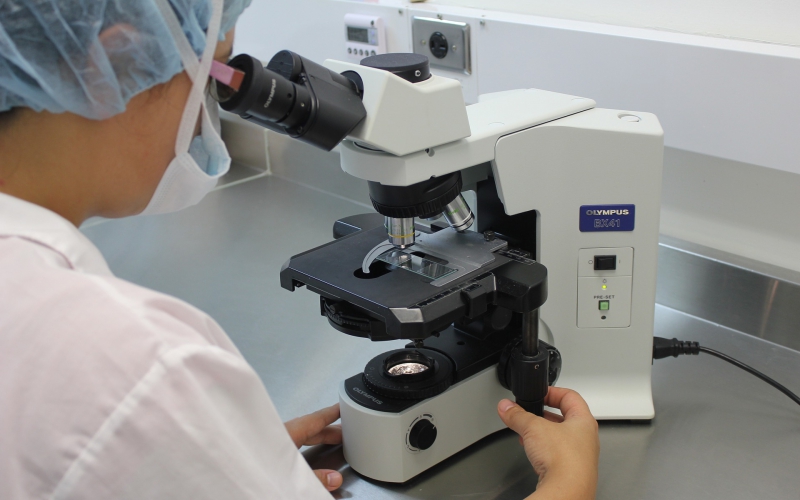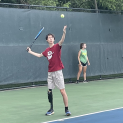
Relapsed Pre-B cell acute lymphoblastic leukemia (ALL) has a notoriously low remission rate—but now, thanks to childhood cancer researchers and the FDA, there is more hope on the horizon.
In August 2017, the FDA approved CAR (Chimeric Antigen Receptor) T Cell immunotherapy as a treatment for certain types of ALL. This is the first gene therapy to achieve FDA approval in the United States and one of the few major breakthroughs and approvals for pediatric oncology in recent years.
Like other types of immunotherapy, CAR T cell therapy harnesses a patient’s immune system to fight and destroy cancer cells.
We spoke with Dr. Rebecca Gardner, a physician at Seattle Children’s Hospital and ALSF Young Investigator grantee about the significance of this FDA approval. Dr. Gardner recently led a clinical trial using CAR T cell therapy as a treatment for relapsed leukemia. In her trial, 93% of patients reached remission, after struggling to reach remission using traditional leukemia treatments.
Why is the FDA approval so exciting?
Dr. Gardner (RG) A few things make it so exciting: First, it is rare to get an initial approval of a drug for a pediatric oncology indication. Second, this is a therapy that we have all been waiting a long time for– a targeted therapy with very little long-term side effects and is highly effective. It moved quickly from initial studies to FDA approval.
What is the long-term implication of this approval for leukemia treatment?
(RG) The anticipation is that this is the first step towards changing the landscape of how we treat pediatric leukemia. The vision is that ultimately, we can remove a lot of the standard chemotherapy that we use and replace it with CAR T cell therapy. It’s not something that is going to happen overnight, but I truly believe it is where we will end up.
How could this approval accelerate research of immunotherapy treatments for other types of relapsed pediatric cancer?
(RG) It continues to bring greater awareness to this type of therapy and the potential for its efficacy. It will be used by more researchers in the field so that we can continue to develop immunotherapy for additional pediatric tumors.
Read more about Dr. Gardner and CAR T Cell immunotherapy:
- Understanding CAR T Cell Immunotherapy
- 2017 Spring Newsletter
- Decoding Immunotherapy: How this Cutting Edge Treatment is Bringing New Hope in the Fight Against Childhood Cancer
- About Dr. Rebecca Gardner's Research

